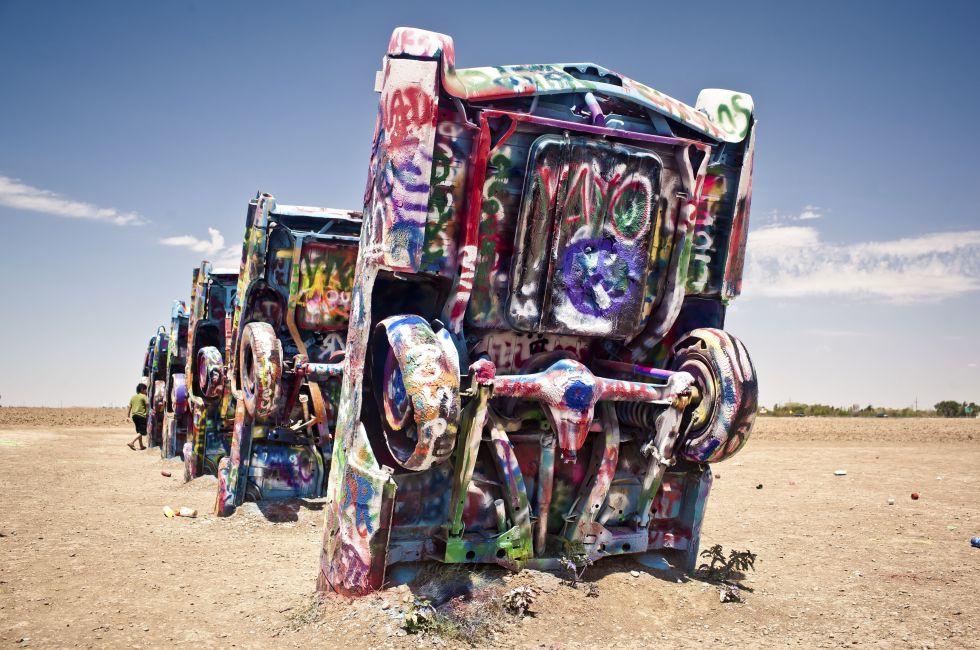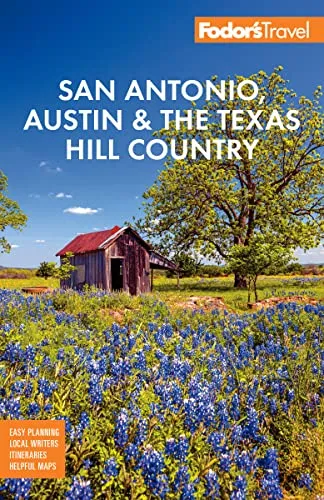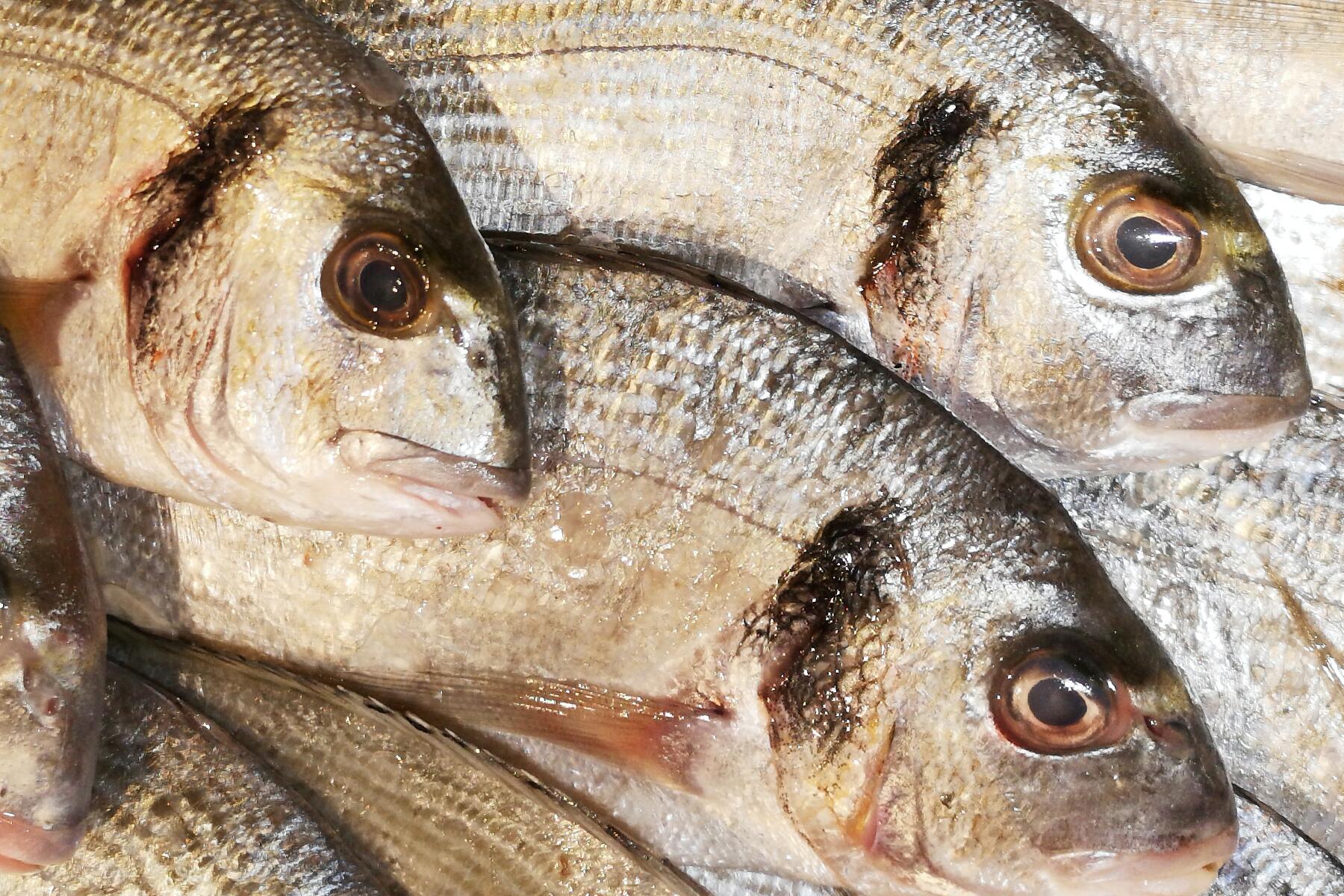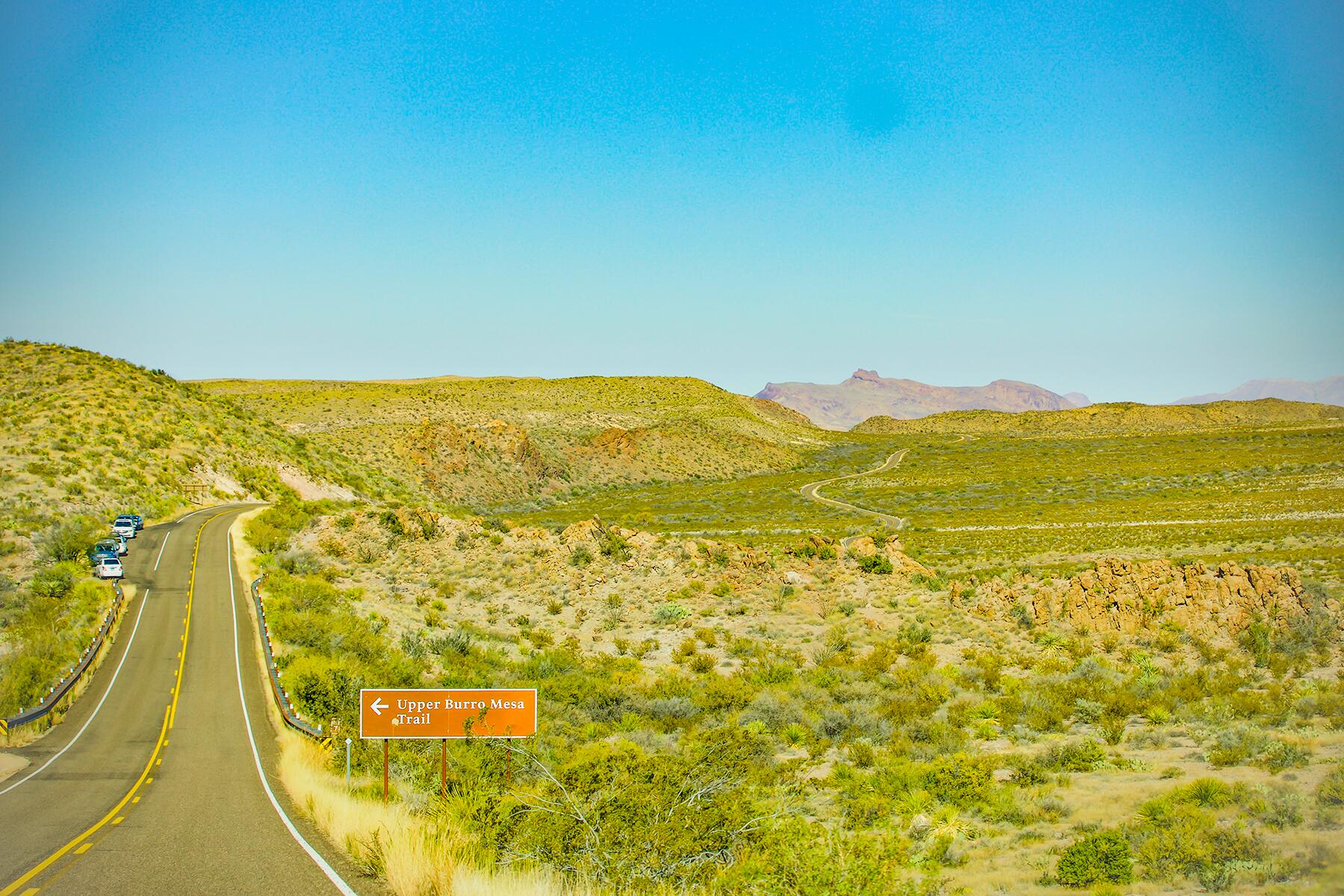West Texas and the Panhandle
West Texas and the Panhandle
As soon as visitors set their soles on the dry-as-the-Sahara soil of West Texas, they'll realize they've entered a completely different world. Remote from urban population centers, isolated within the northern plains of the Chihuahua Desert, West Texas lives by its own rules, not unlike Australia's Outback. It's a land of flat and rugged beauty and twisted vegetation like the kind that might float on the bottom of the sea.
And, in fact, once upon a time it did. In its ancient past, a majority of the territory now known as West Texas lay on the bottom of the Permian Sea. Now that the seas have drained (leaving behind vast reserves of crude oil), visitors can partake of a vista so limitless it seems to be viewed from an aerial vantage point. Few trees reach farther than three feet a...
Read MoreAs soon as visitors set their soles on the dry-as-the-Sahara soil of West Texas, they'll realize they've entered a completely different world. Remote from urban population centers, isolated within the northern plains of the Chihuahua Desert, West Texas lives by its own rules, not unlike Australia's Outback. It's a land of flat and rugged beauty and twisted vegetation like the kind that might float on the bottom of the sea.
And, in fact, once upon a time it did. In its ancient past, a majority of the territory now known as West Texas lay on the bottom of the Permian Sea. Now that the seas have drained (leaving behind vast reserves of crude oil), visitors can partake of a vista so limitless it seems to be viewed from an aerial vantage point. Few trees reach farther than three feet above the surface, allowing one a limitless view. What has managed to survive in the desert, however, is as intricate as sea life. Cacti rise like coral, and ground squirrels, horned lizards, and serpents wiggle like eels among the mesquite bushes populating the landscape—the same mesquite that bequeaths its poignant, smoky taste to everything from fajitas to barbecue chips.
West Texas is a land of severe beauty, with clutches of exquisiteness and quiet civilization—a rural, traditional culture that has an equal mix of Old West and Old Mexico. Cowboy hats are worn here not for fashion, but for duty: "cowboy" and "cowhand" are occupational titles of many folk, as is "oilman." Working cowboys roam the plains and make fires at night, and there are still cattle drives to the south.










